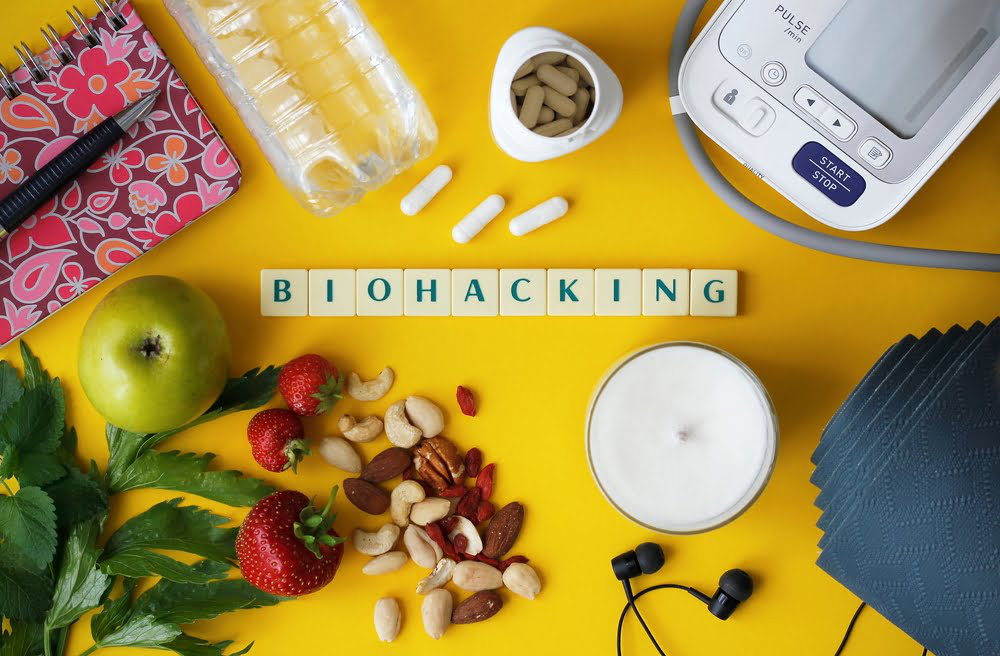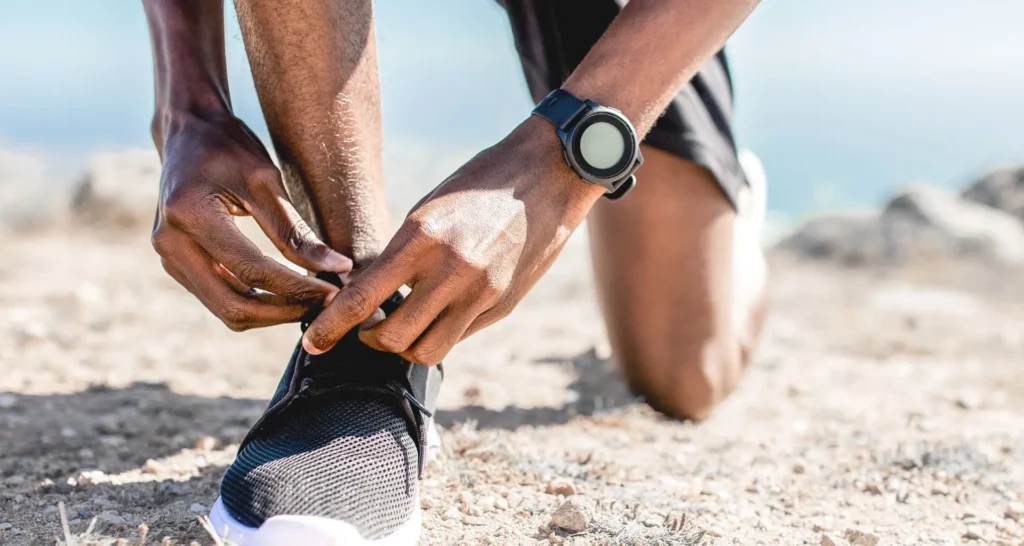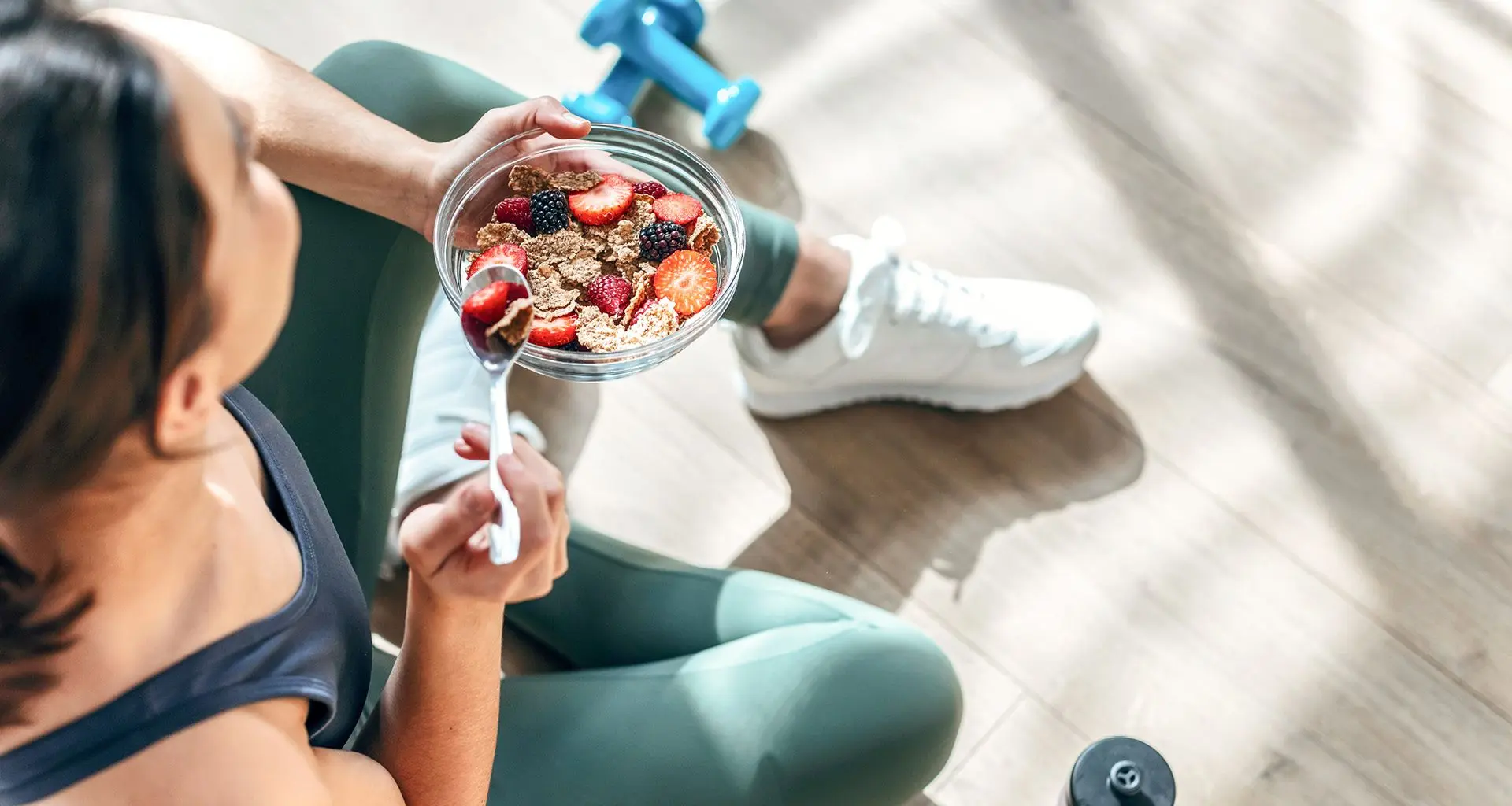The term “biohacking” may sound like a futuristic concept, but at its core, it’s about optimizing your body and mind through science-backed techniques and lifestyle adjustments. With a few simple changes, you can take control of your health and well-being. This beginner-friendly guide will help you explore biohacking and provide actionable steps to start your journey.
What is Biohacking?

Biohacking refers to the practice of making small, incremental changes to your lifestyle to improve health, performance, and well-being. These changes can range from dietary tweaks and sleep optimization to advanced technologies like wearables and supplements. The idea is to understand how your body functions and use that knowledge to enhance it.
At its heart, biohacking is about self-experimentation. By tracking and analyzing how specific actions affect you, you can develop personalized strategies for living a healthier, more productive life.
Key Principles of Biohacking
- Self-Experimentation: Track how your body responds to changes and adjust accordingly.
- Personalization: Understand that every body is unique, and what works for one person may not work for another.
- Holistic Focus: Address all aspects of health, including physical, mental, and emotional well-being.
- Sustainability: Implement changes that you can maintain over the long term.
Why Biohacking?
Biohacking offers a proactive approach to health and performance, giving you control over how you feel and function. Here are some of the key benefits:
- Increased Energy Levels: Biohacking strategies can help combat fatigue and improve daily productivity.
- Enhanced Cognitive Function: Techniques like nootropics and mindfulness can sharpen focus and reduce brain fog.
- Better Physical Health: Through improved diet, exercise, and recovery, you can enhance overall wellness.
- Longevity: Some biohacks aim to slow aging and promote a longer, healthier life.
- Stress Reduction: Manage stress more effectively with tools and techniques tailored to your needs.
Simple Biohacks to Get Started

1. Optimize Your Sleep
Sleep is the foundation of health. Research shows that consistent, quality sleep improves cognitive function, emotional regulation, and physical performance. Poor sleep, on the other hand, is linked to numerous health issues, including cardiovascular disease, diabetes, and obesity.
- Establish a Sleep Schedule: Going to bed and waking up at the same time every day helps regulate your circadian rhythm.
- Create a Sleep Sanctuary: Keep your bedroom cool (65°F is optimal), dark, and quiet. Blackout curtains and white noise machines can help.
- Limit Blue Light Exposure: Blue light from screens disrupts melatonin production. Use blue light-blocking glasses or apps like f.lux.
- Try Supplements: Natural remedies like melatonin or magnesium glycinate can support better sleep, but consult a healthcare provider first.
2. Enhance Your Diet
Dietary changes are among the most impactful biohacks. Food influences energy, mood, gut health, and longevity.
- Start with Intermittent Fasting (IF): Studies suggest IF improves insulin sensitivity, supports weight management, and enhances cellular repair.
- Common methods include the 16:8 approach (16 hours of fasting, 8-hour eating window).
- Focus on Whole Foods: Minimize processed foods and prioritize nutrient-dense options like leafy greens, lean proteins, healthy fats, and whole grains.
- Supplement Wisely: Add omega-3 fatty acids, vitamin D, and probiotics to your routine based on individual needs.
- Hydration: Drink plenty of water and consider adding electrolytes if you exercise intensely or fast regularly.
3. Incorporate Movement
Physical activity is critical for maintaining optimal health, and biohacking can help you tailor your approach.
- High-Intensity Interval Training (HIIT): Short, intense workouts improve cardiovascular health and metabolic function.
- NEAT (Non-Exercise Activity Thermogenesis): Activities like walking, standing, and stretching throughout the day contribute to calorie burn and mobility.
- Cold Exposure: Techniques like cold showers or ice baths can enhance circulation, boost immunity, and increase resilience.
- Mobility and Flexibility: Incorporate yoga or dynamic stretching to improve range of motion and prevent injury.
4. Manage Stress
Chronic stress affects every system in the body, increasing the risk of mental and physical health issues. Stress management is a cornerstone of biohacking.
- Meditation and Mindfulness: Research shows regular meditation reduces cortisol levels and improves emotional well-being.
- Breathwork: Techniques like box breathing or the 4-7-8 method can instantly calm your nervous system.
- Adaptogens: Herbs like ashwagandha and rhodiola rosea may help your body adapt to stress.
- Time in Nature: Spending time outdoors has been shown to lower stress and enhance mood.
5. Leverage Technology
Biohacking often involves using technology to monitor and optimize health.
- Wearables: Devices like Fitbit, Oura Ring, or WHOOP track metrics like heart rate variability, sleep quality, and activity levels.
- Apps: MyFitnessPal helps with calorie tracking, while Calm and Headspace support mindfulness practices.
- Smart Home Gadgets: Light therapy lamps, air purifiers, and standing desks can create a healthier living environment.
The Science Behind Biohacking

1. Biometrics
Tracking biometrics like heart rate variability (HRV), blood glucose, and sleep stages provides actionable insights.
- HRV: High HRV indicates good stress resilience and cardiovascular health.
- Continuous Glucose Monitors (CGMs): Monitor blood sugar fluctuations to optimize diet and energy levels.
2. Gut Health
The gut microbiome plays a vital role in digestion, immunity, and mood regulation. Supporting gut health can significantly improve overall well-being.
- Prebiotics and Probiotics: Incorporate foods like yogurt, kefir, and fermented vegetables.
- Diverse Diet: A variety of plant-based foods promotes a healthier microbiome.
3. Hormonal Balance
Hormones regulate sleep, metabolism, mood, and more. Small lifestyle tweaks can help maintain hormonal balance:
- Reduce caffeine intake after noon.
- Prioritize 7-9 hours of quality sleep.
- Incorporate healthy fats like avocado and olive oil.
Debunking Biohacking Myths
- Myth: Biohacking is Expensive Many biohacks, such as sleep optimization and dietary adjustments, are free or low-cost.
- Myth: It’s Only for Tech Enthusiasts Simple lifestyle changes can have profound effects without any need for advanced tools.
- Myth: One-Size-Fits-All Biohacking is about personalization. Experiment to find what works for you.
Advanced Biohacks for the Curious
For those ready to explore beyond the basics, advanced biohacks include:
- Cryotherapy: Exposing the body to extremely cold temperatures for improved recovery and metabolism.
- Nootropics: Supplements or drugs that enhance cognitive function. Popular options include caffeine, L-theanine, and racetams.
- Genetic Testing: Services like 23andMe provide insights into your genetic predispositions, helping tailor diet and exercise plans.
- Red Light Therapy: This non-invasive treatment supports skin health and reduces inflammation.
Common Pitfalls to Avoid
- Overcomplicating Your Approach: Focus on foundational changes before diving into advanced techniques.
- Neglecting Consistency: Sustainable habits yield better results than short-term experiments.
- Ignoring Professional Advice: Consult healthcare providers before trying new supplements or extreme practices.
The Future of Biohacking
Biohacking is rapidly evolving, with innovations like AI-powered health trackers, personalized nutrition plans, and gene-editing tools. As accessibility improves, these technologies will empower individuals to take even greater control of their health.
Conclusion: Your Biohacking Journey Begins
Biohacking isn’t about dramatic overnight transformations. It’s about making intentional, science-backed adjustments to enhance your well-being. Whether you start by improving your sleep, tweaking your diet, or trying mindfulness exercises, every small change contributes to a healthier you. Embrace the process of self-discovery and experimentation—your body and mind will thank you.
What biohacks have you tried? Share your experiences and favorite tips in the comments below!


